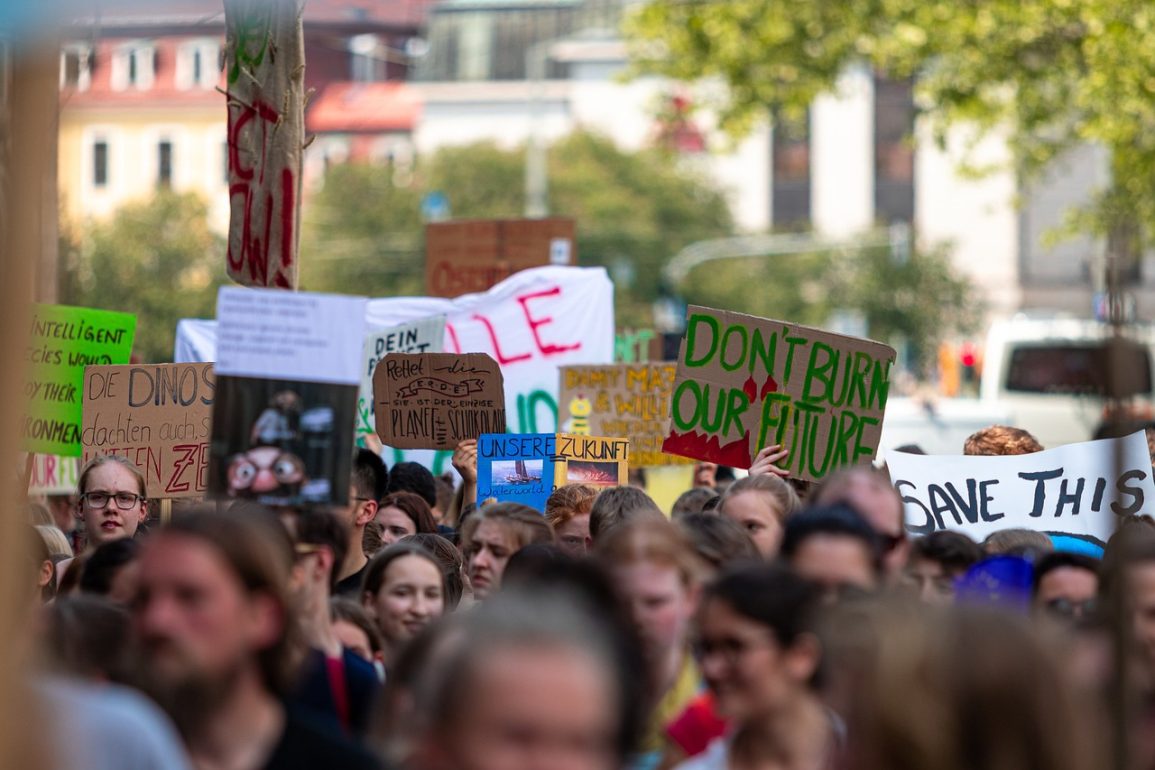A new study highlights the pressing need for $1 trillion in annual climate finance for poor countries by 2030.
This demand, five years ahead of current agreements, underscores the urgency of addressing climate challenges without delay.
The funding aims to mitigate greenhouse gas emissions and manage extreme weather impacts.
Delaying this goal until 2035 would exacerbate economic and environmental burdens on vulnerable nations.
The Independent High-Level Expert Group on Climate Finance, composed of leading economists, revealed that failing to secure $1 trillion annually by 2030 would lead to rising costs and irreversible damage.
The study, presented at the COP29 summit in Azerbaijan, calls for significant commitments from developed countries to meet this target through diverse funding sources.

Lord Nicholas Stern, one of the report’s authors, emphasized, “The longer we wait, the more expensive it becomes.” He proposed a balanced strategy:
- Half the funds are from private sector investments.
- $250 billion from multilateral development banks like the World Bank.
- The rest are from direct grants, International Monetary Fund special drawing rights, and innovative taxes on sectors like aviation and shipping.
Developed nations face a dual challenge: fulfilling their obligations under the 2015 Paris Agreement while securing broader consensus on new funding mechanisms.
Current disagreements revolve around the proportion of public versus private financing, and whether emerging economies, such as China, should contribute.
Activists like Harjeet Singh warn against relying solely on profit-driven private finance, stressing the need for public grants to address adaptation for vulnerable communities.
Similarly, Mohamed Adow of Power Shift Africa calls for “robust commitments” at COP29 to secure a just transition for developing nations.
The announcement of increased commitments by multilateral development banks, doubling to $120 billion annually by 2030, is a step forward.
However, experts believe these efforts fall short of the $1 trillion goal.
As negotiations intensify, it is clear that addressing climate finance equitably and urgently is vital for a sustainable future.
The message is clear: delay is not an option. Immediate and substantial climate finance is essential to safeguard the world’s most vulnerable communities and ensure a global path toward sustainability.

